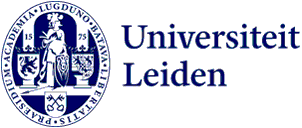
Do multinationals pay their fair share of taxes? Join the global debate!
How do, or don’t, multinationals pay their taxes? Learn all about this in the new online course given by Leiden University’s Department of Tax Law: 'Taxation of Multinationals for Everyone'. This free course builds on the success of the award-winning 'Rethinking International Tax Law' course.
In recent years, multinationals' tax strategies have sparked much public debate and media attention. If you’re interested in the subject, but don't necessarily have the theoretical knowledge to understand it, this course is for you. This MOOC (Massive Open Online Course) gives participants a broad overview of international tax law and the knowledge to understand and contribute to these debates.
The course focuses on the work of the Organisation for Economic Co-operation and Development (OECD) in tackling tax evasion strategies used by multinationals through its Base Erosion and Profit Shifting (BEPS) project. Base erosion and profit shifting are tax planning strategies that multinationals use to exploit tax loopholes, artificially shifting profits to locations with low or no taxes. Course participants will learn about BEPS 1.0 and its fundamental measures and then examine these more closely in BEPS 2.0. This contains new proposals for OECD measures such as a minimum tax rate of 15% for multinationals. Course participants learn about the measures and recommendations proposed under BEPS 2.0 and their effect on the global taxation landscape.
Whether you’re a student, professional or just interested in global tax issues, this course will give you a well-informed voice in the continued debate on fair and effective taxation. The course is available to everyone interested on Coursera.
Join the course!
Find all the information on this MOOC on Coursera.
